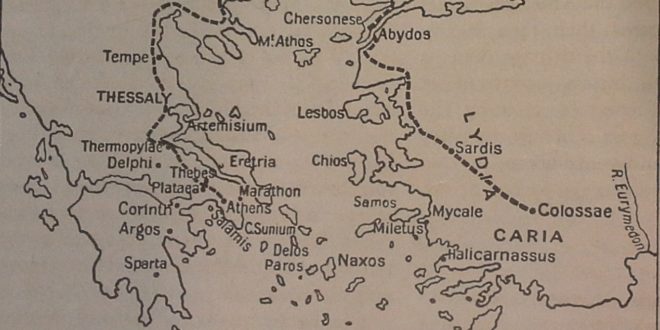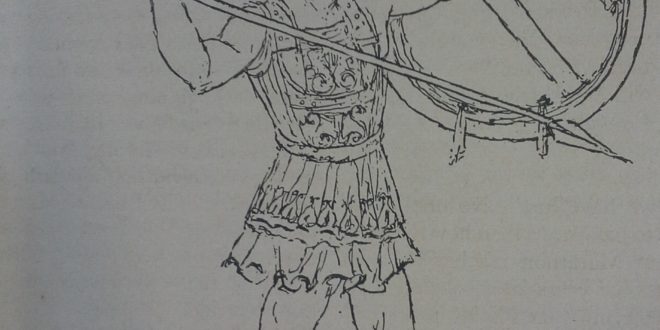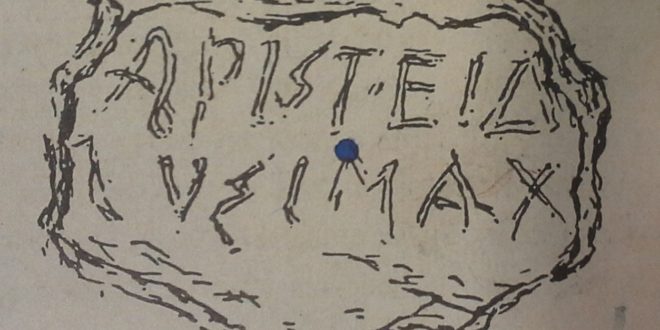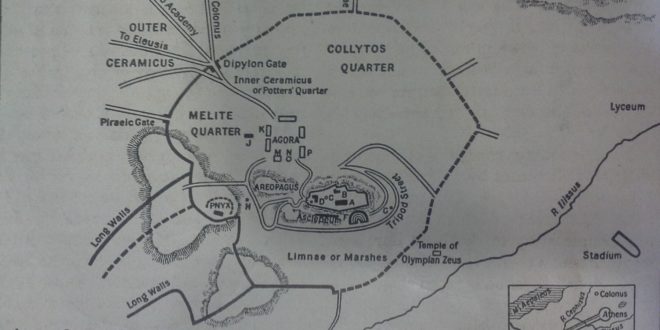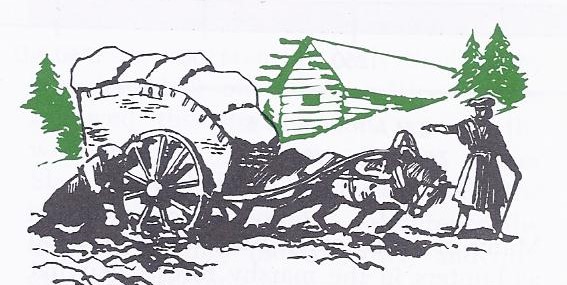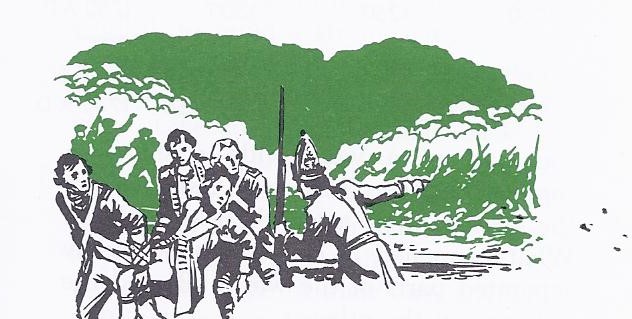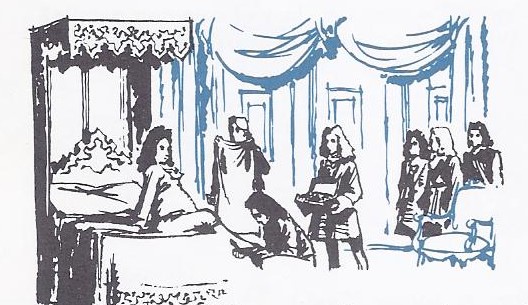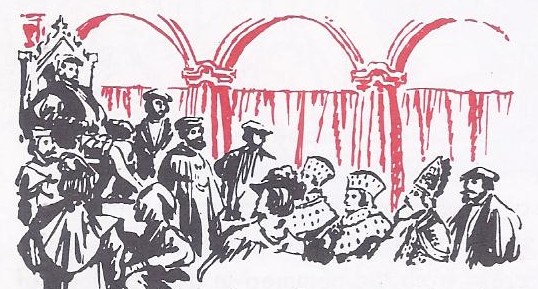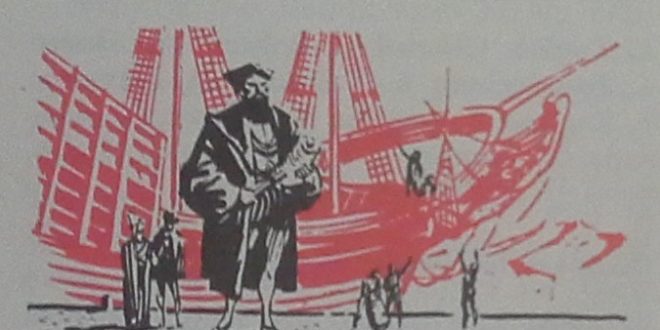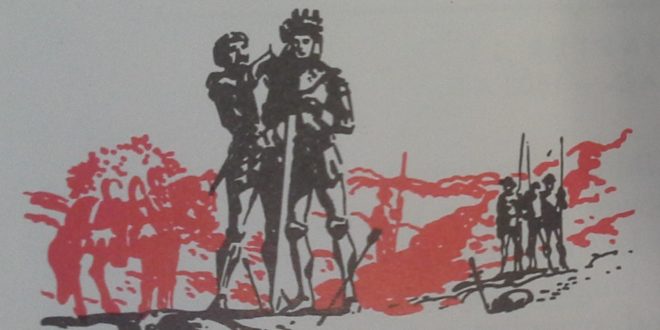Both Sparta and Athens were determined to fight, — so determined that they had behaved outrageously towards Persian ambassadors who had visited them to demand submission. The traditional way of doing this was to ask for “earth and water” but when the ambassadors made this demand in Athens they were thrown into the pit where criminals were put. “Get earth from there”, yelled the citizens. At Sparta the ambassadors were plunged into a well. “Get water from there”, they were told. Throughout history the person of an ambassador has been held sacred and if the Persians had won at Marathon the Greeks would no doubt have been quick to attribute defeat to the anger of the gods, aroused by Spartan and Athenian insolence. However, when news of the Persian landing reached Athens, nobody was worrying about how the Persian ambassadors had been treated. There were two vitally important things to be done. An army had to be put into the field and the Spartans had to be summoned. The story of the summoning of the Spartans is famous but strange. It says that a runner called Pheidippides made the journey (140 miles) on foot in two days. Seventy miles a day. We would consider that quite good going on a bicycle. Perhaps he was given a lift for part of the way. Why not have sent a horseman? The fact that a runner was preferred is a reminder of the hilliness of Greece and of the independence of the city-states. Nobody was interested in building a good road and making the journey from Athens to Sparta as easy as the journey from Susa to Sardis. On the contrary, it was in the interest of both Athenians and Spartans to keep the route rough. A hoplite. He wears a metal cuirass …
Read More »